There are few things I want to do less than give this tribute to my father. The unflinching approach to reality he imparted had left me noticing his aging, and I was preparing to adapt, over time…. But my father never gave someone a challenge he thought them incapable of meeting.
All the wonderful things being shared about my father obviously come as no surprise to me, and I had so hoped to spend the next few years, hearing those things with him, but knowing how uncomfortable it would have made him to hear so much praise, as his own ability to act diminished, I have to appreciate that, as hard as this is on the rest of us, it was an ending with which he would have been satisfied.
I had hoped to spend the next years supporting him, as he always has supported me- my father has been at anything I asked him to be at, and volunteered for things I didn’t intend to subject him to… And The outpouring of remembrances from my friends, has reminded me, of how important it was to him, to know the people important to me. I was touched by the photos my parents saved, not only of me, but of Niki, Jeremy, Erica, Jason, Abe, and so many others. Many of my students and colleagues had stories, as they’ve driven out to Cal Poly Pomona for multiple events, marched with my students for a sustainable future, and for the rights of immigrants, and were happy to attend CPP sponsored Dodger games. Despite his years of public speaking at high-stakes events, family members have reminded me of how the event for which he showed some concern for his performance, was when called upon to officiate my wedding. He saw that a high stakes event. I think Navid would have stayed even with a minor error…. And the depth of his loss, is a testament to my father’s ability to welcome people into his family- completely. When you’re in, you’re in… That’s the for better or worse. And with my father, it was almost all better.
My father didn’t know how to be unproductive, and he will have posthumous work published (not a hint to his co-authors, or a comment on the reviewers- #2 I’m looking at you…), but the idea of slowing down, of doing less, of relaxing, was not at all appealing to him. Nor had it ever been.
Even now as he prepared to “retire” for the fourth time(?), he was finally finding the time to research our family history, finding a master’s thesis on one relative, connecting with ethnomusicologists while researching a family melody… he was organizing photos and records, and of course, gardening.
I’m not sure I ever remember my father reading a novel, though the books he gave me to read, were always meaningful. A Tree Grows in Brooklyn, The Yearling, Black Boy…. Ya know light childhood reading. He never binged anything on Netflix. But he wasn’t quite as out of touch with popular culture as we used to joke. I remember him telling me these films will change how movies are made, when he took me to 2001, and Star Wars.
To vacation with my father was not per se relaxing, but it was always educational. Weren’t there museums to see, history to be learned, culture to be appreciated? I can’t imagine a trip to a beach resort without a sustainability tour. And I have been to an embarrassing number of train museums. From the family albums, apparently my mother married him despite the train museums.
My father had a quintessentially east coast Jewish sense of humor. Political, ironic, dark, but never mean. He had a good chuckle when he learned the Jewish space laser conspiracy centered on high-speed rail, and we certainly have exchanged our share of dark political humor over the years. But he also would go long game on humor, in a way I don’t think most knew…. When my brother was roughly 8- around 1982 (fine I checked the year online), he saw the old chalice comedy skit redone by HBO as a short, and thought it was hysterical, so in typical 8-year-old fashion (and I have an eight-year-old with my brother’s smile), he made a few too many jokes about the chalice, begging my father to re-enact the skit for him. My father, good-naturedly threatened to do that as the toast at my brother’s wedding, if he didn’t stop…. Over the years, once in a while he would bring that up… Fast forward to 2004- Steve and Shirley’s wedding. My father gets up to give a toast, and he opens with the exact same, largely innocuous lines of the skit…. The look on my brother’s face was priceless. Of course, my father proceeded with a lovely toast, And I know only four people there got the joke… but it was epic.
My father did love baseball. Growing up in New York in the 40s and 50s, he and his Uncle Harold’s favorite escape was in the rooting for the underdog Brooklyn Dodgers. And many of you who may have attended games could have mistaken him for teetotal, as he almost never enjoyed a beer at a game. Why? Because once, during a restroom break- he missed a triple play. Fortunately, he stayed in his seat in 1988 for Gibson’s home run, and As a Brooklyn Dodger fan, he saw most of the greats play live, including Jackie Robinson. He also took me to some pretty amazing baseball games, and thanks to his busy travel schedule, I was frequently the lucky recipient of tickets, even when he couldn’t attend. My first Dodger Game went into extra innings, and the Dodgers won on a hit by Steve Garvey. Since we never leave early, we were at the game where the Dodgers hit four home runs in the ninth, though we also suffered through a game where they blew a 13 run lead…. I was at Orel Herscheiser’s first start as a Dodger at Shea with the somewhat traitorous but still beloved Uncle Harold who had defected to Mets fandom…. We’ve seen more than one win by pitchers like Valenzuela, and Kershaw… And I got 18 innings of world series baseball- in one game. No, I did not leave early. And I rode my bike.
Despite his impressive personal achievements, he told me, more than once, that the real influence he had and what he was most proud of, -were the people he had the privilege of working with, educating and developing. He told me, “Not very many people read academic papers, but the influence we have, is in not only the scholars we train, but the many students who don’t become scholars, but go into the world, carrying what we teach them, the messages, values, ideas, and ways of thinking that we impart.” He saw himself fundamentally as an educator, and that approach, allowed him to remain true to himself, his ideals, and his values. Because what he valued most -were people. And being an educator wasn’t a one-way street. He valued what students brought and he integrated it into his thinking and as a result he never stopped growing- challenging his own thinking. That this was the real value of being an educator, the opportunity to expand people’s minds, and in turn, have your own expanded. Recently I had the wonderful privilege of two of my own former students returning to guest lecture for our annual professor for a day campus event. I had them speak about research, about data. And they blew me away. They had this deeply compassionate, humane view of policy, of research, of data. I was shocked at how much of my father’s voice was in their words. When they ended with, and this is what you taught us Dr. Wachs…. It wanted to tell them it wasn’t really me. I was just passing on what I had lived.
One of my friends jokes that when you bring sociology (and my father was undecided between sociology and civil planning) to other disciplines, everyone thinks your brilliant, but one is just asking for people-centered, critically evaluated, long-term planning. And that was effectively the mantra of my life. My father imparted that fundamentally research is about people, and people’s lives. My father lived his life never forgetting that every equation, every budgetary decision, every funding priority, wasn’t a number on the page, it was people’s lives. And those lives were precious, valuable, worthy things. For my father, every person mattered and should be treated with dignity and respect.
And seeing the many wonderful students he taught, and the people they have become, and who my brother is, and who we chose to marry (Shirley and Navid), and who Leia and Ziya are, he will never be gone, and the world is better because he was in it.
I think the many tributes and accolades that continue to pour in would have overwhelmed my father. He was a practical person at his core. But that’s not his legacy. The legacy he leaves is a cadre of people committed to social justice and equity, and human-centered policy. And I am confident that the scholars, practitioners, and activists, he mentored can and will achieve this. And that will be his legacy.
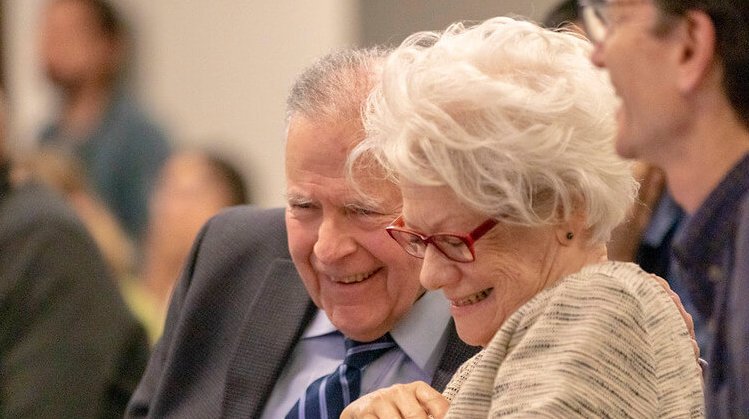
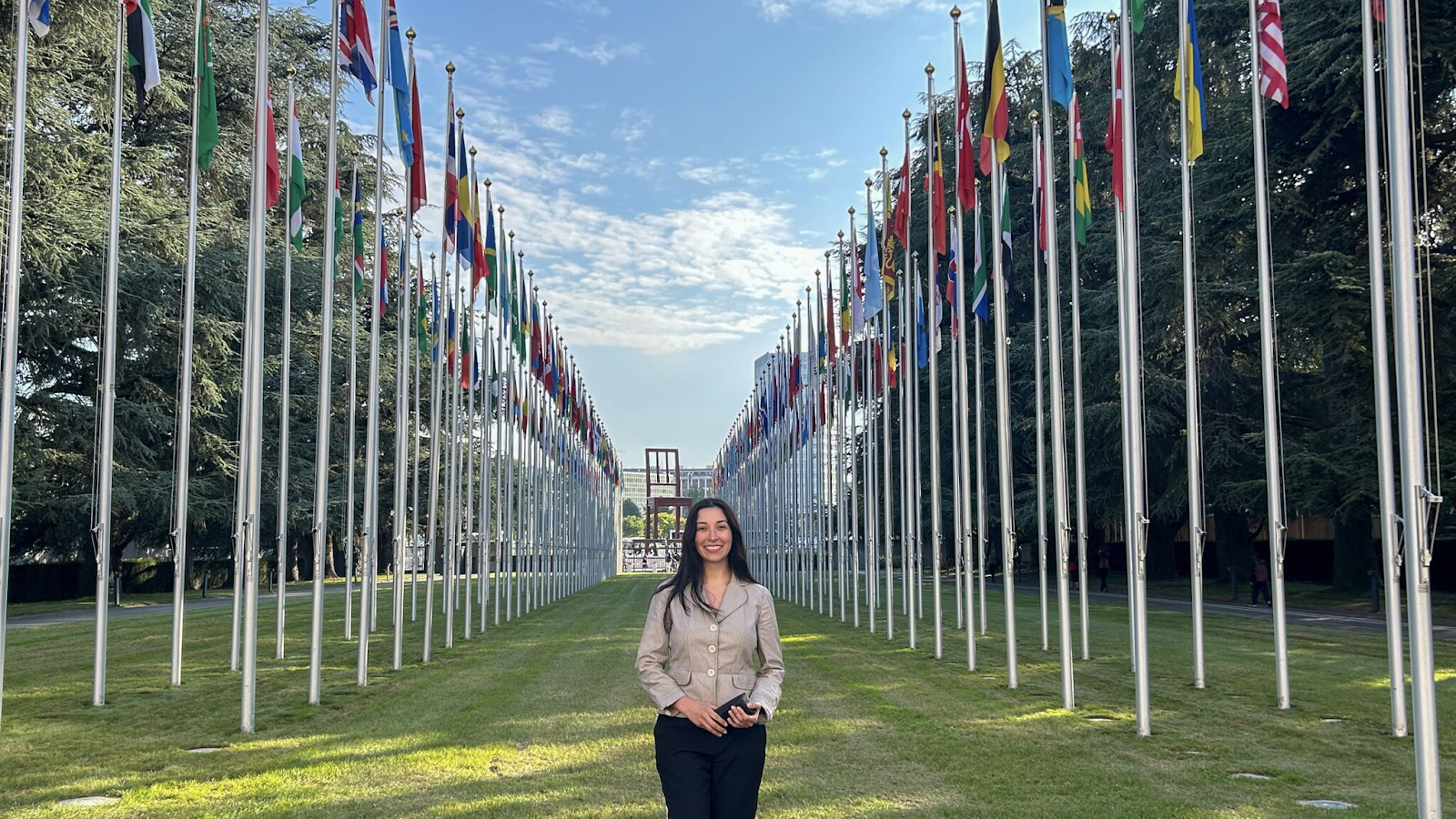
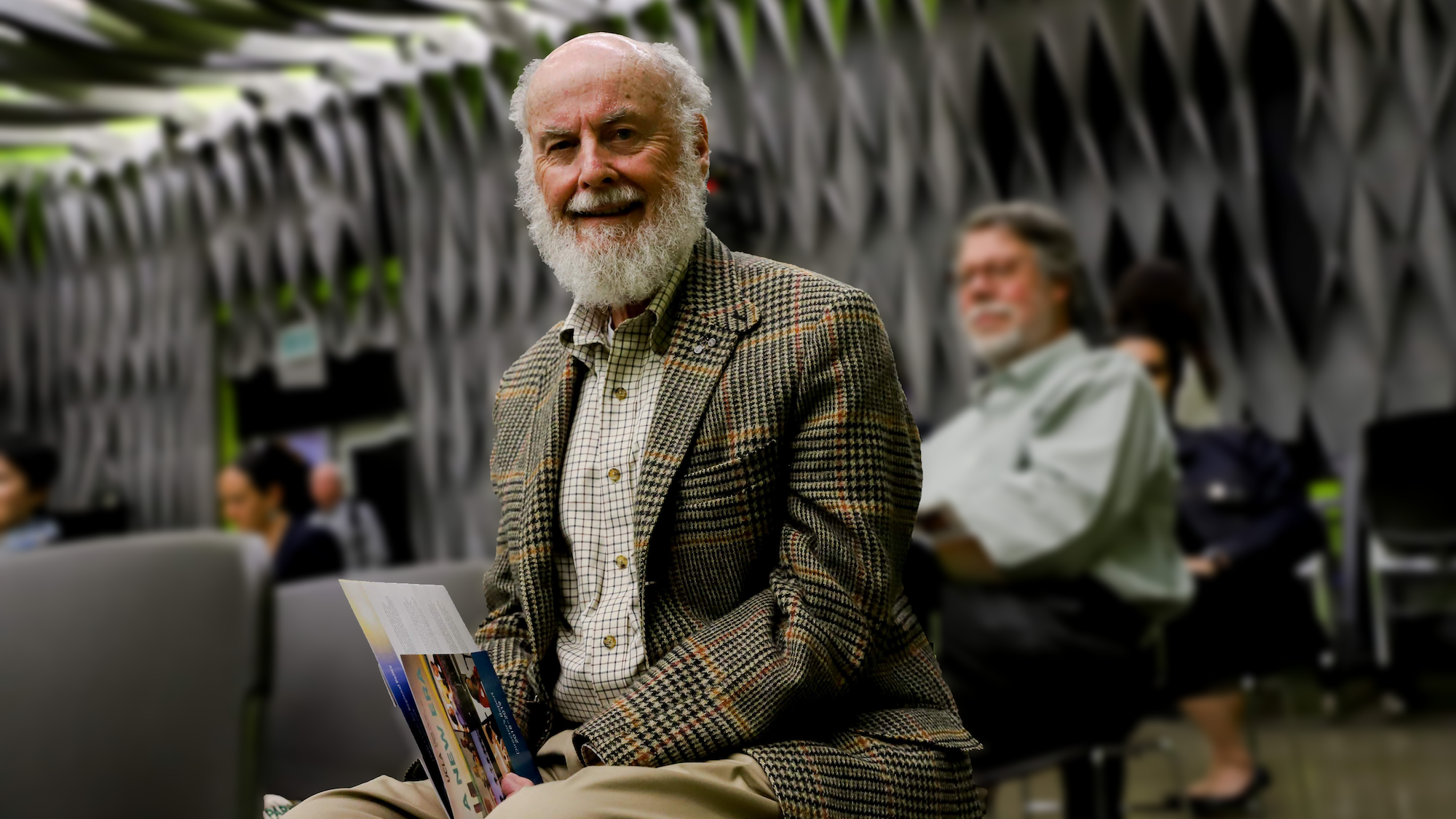



















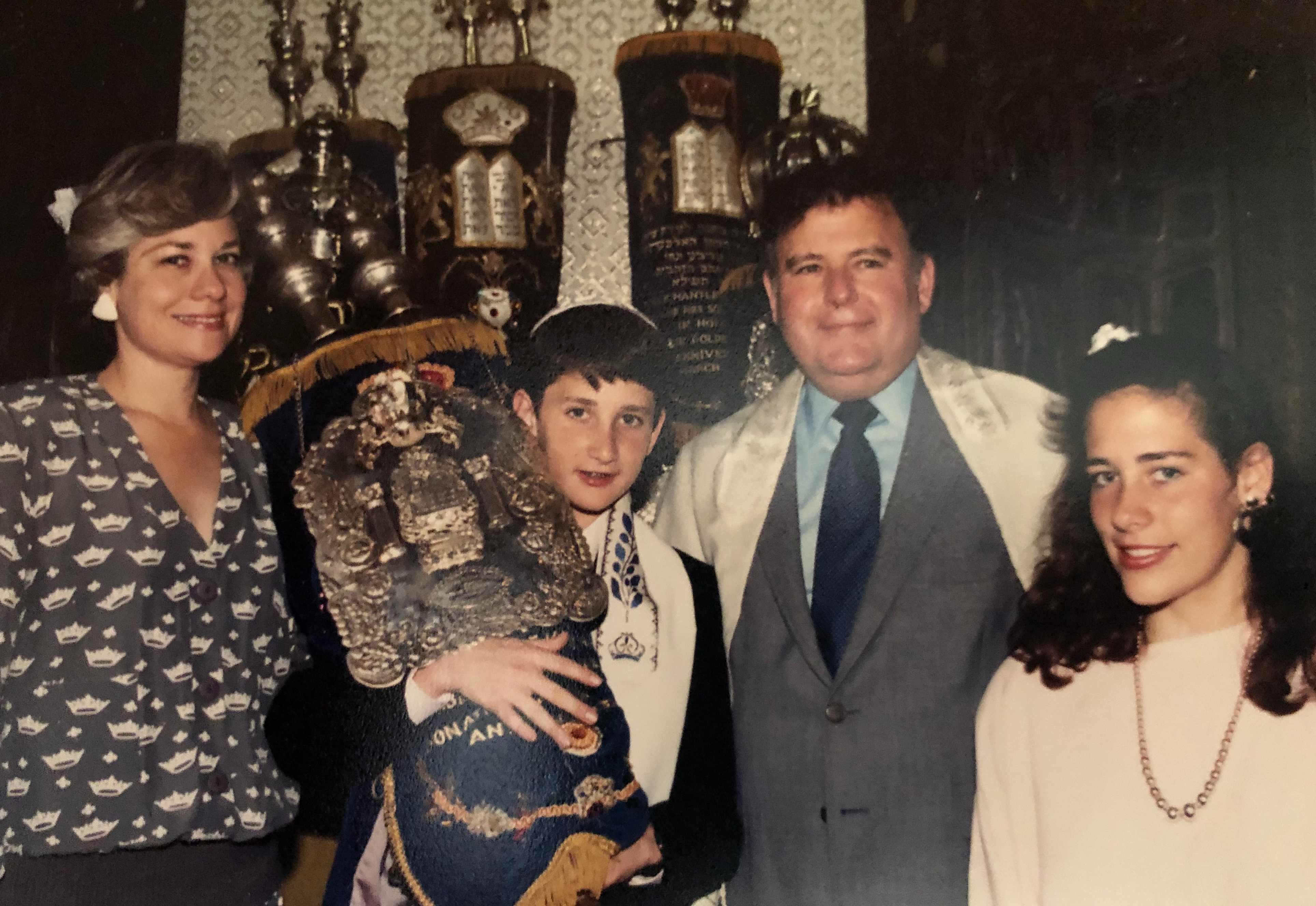





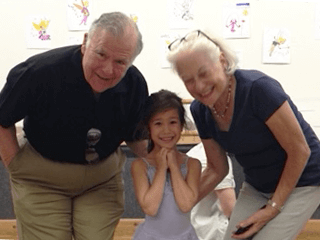
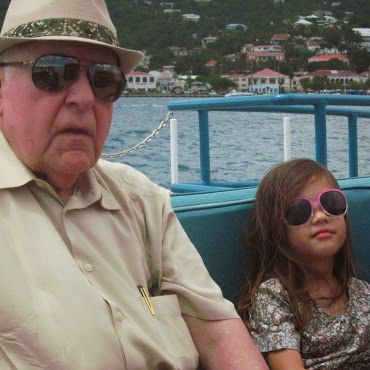
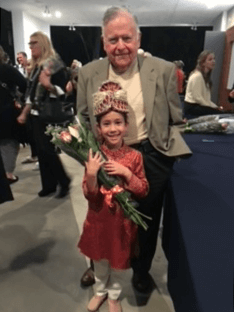
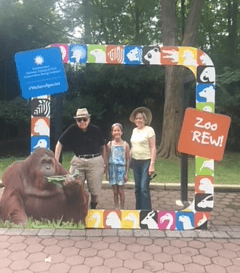

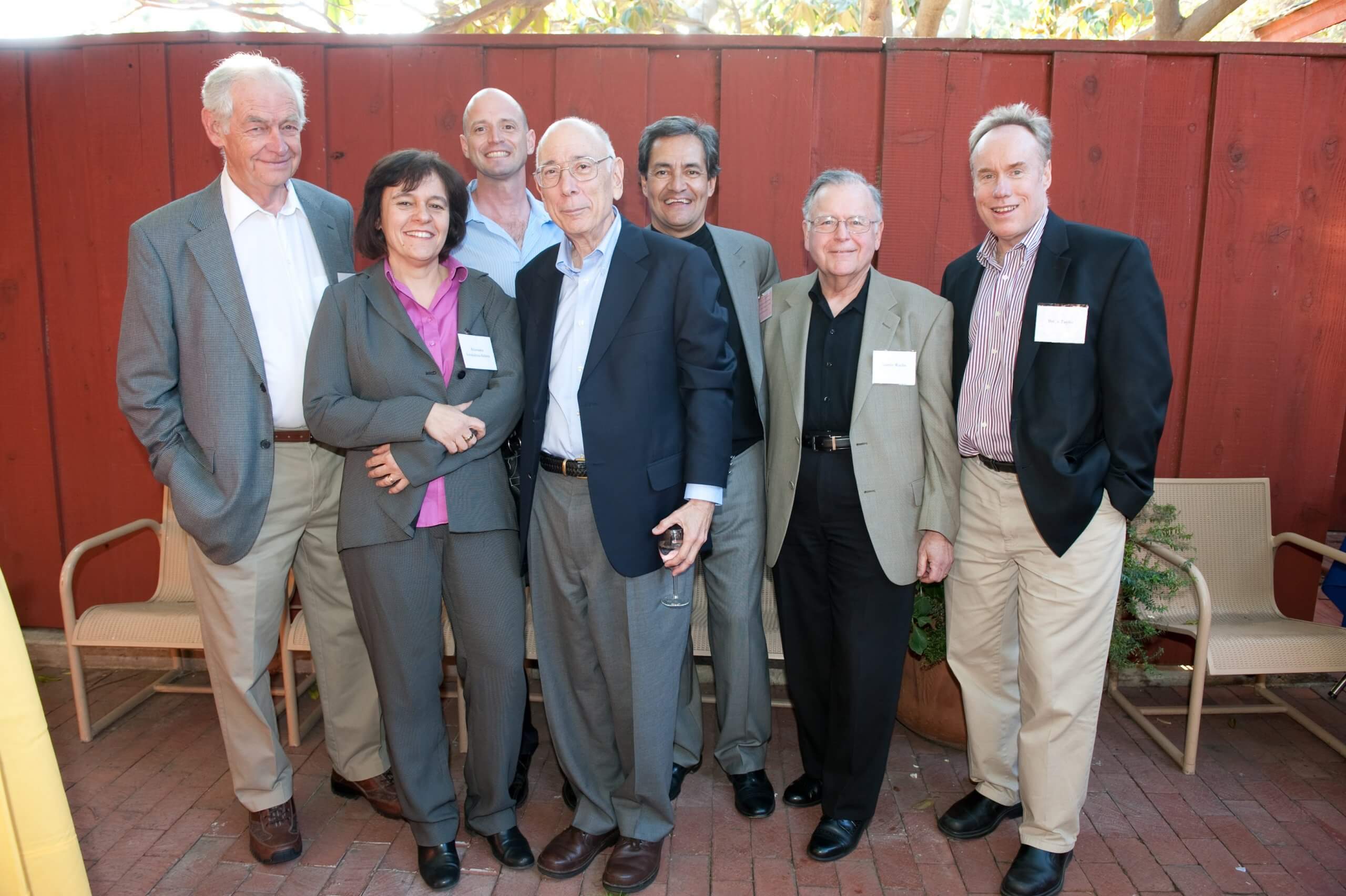
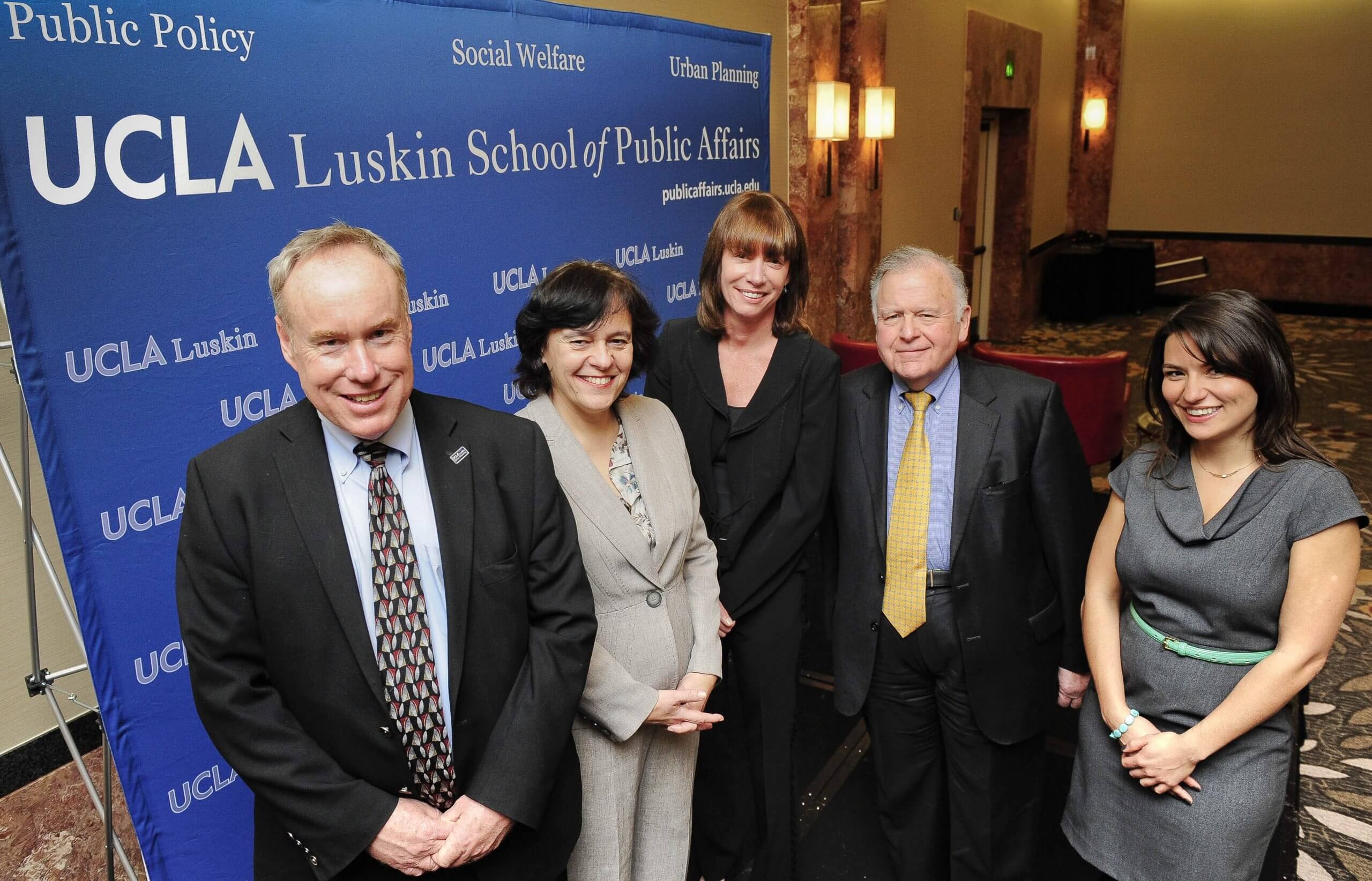

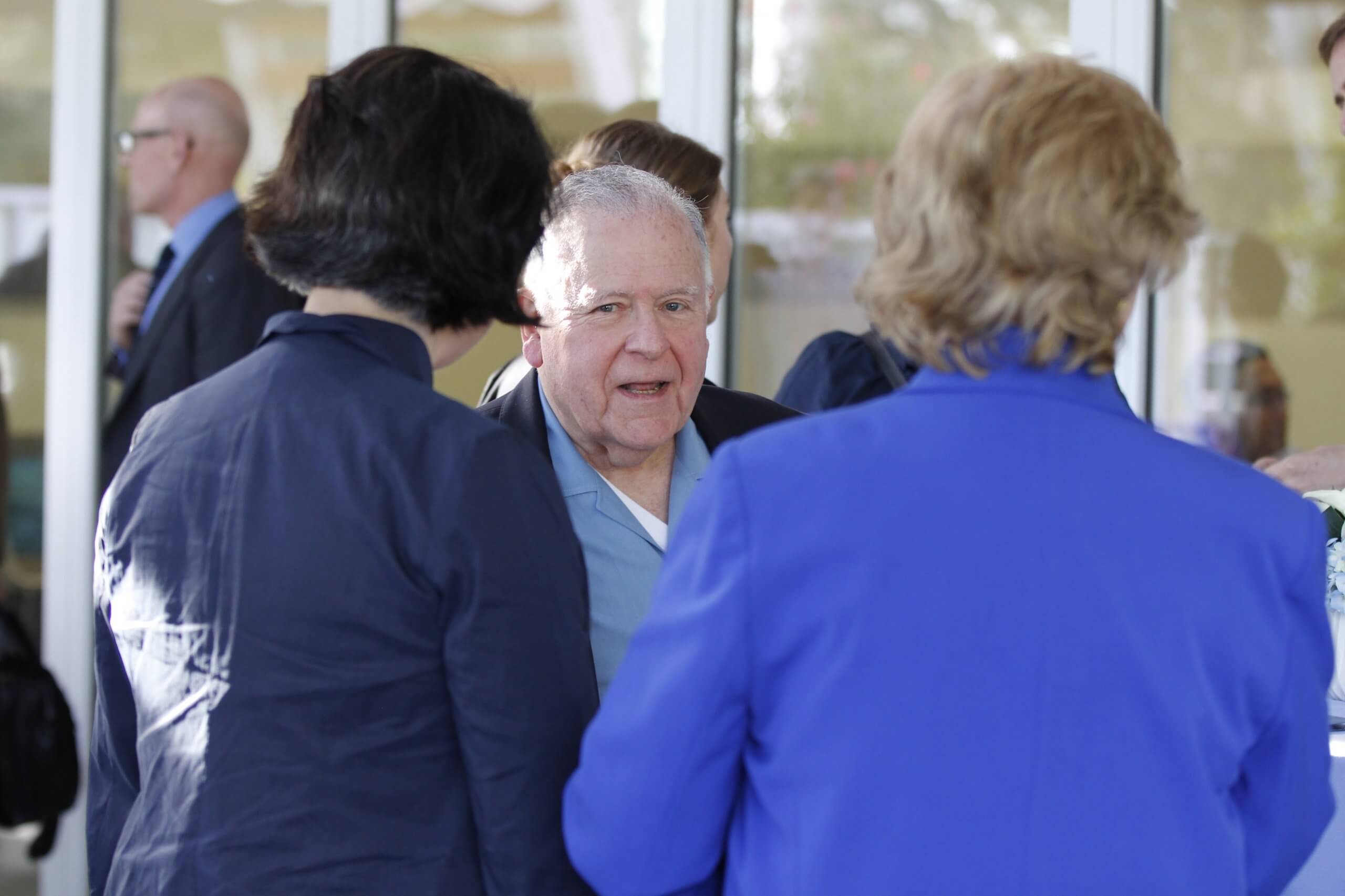
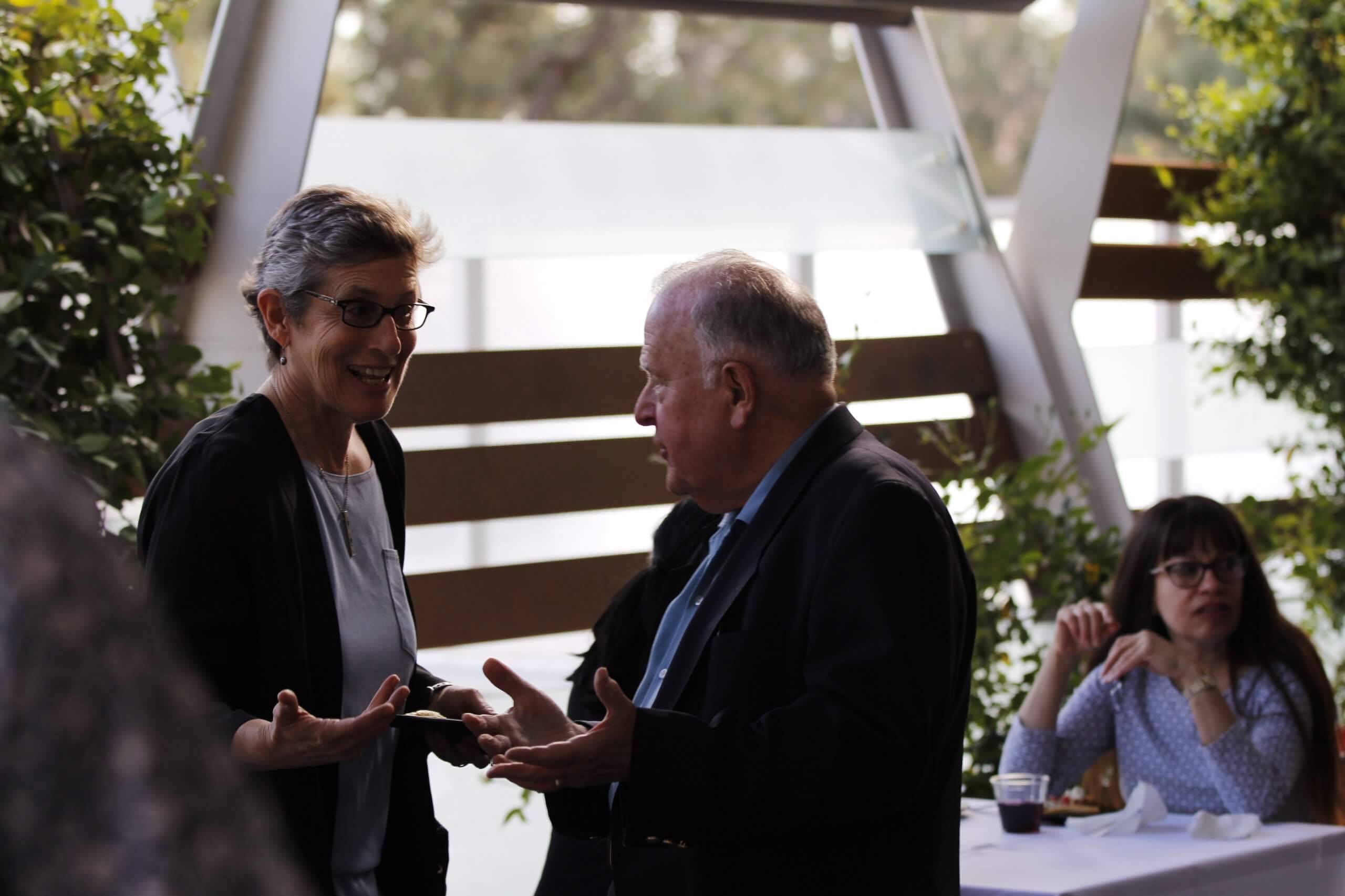
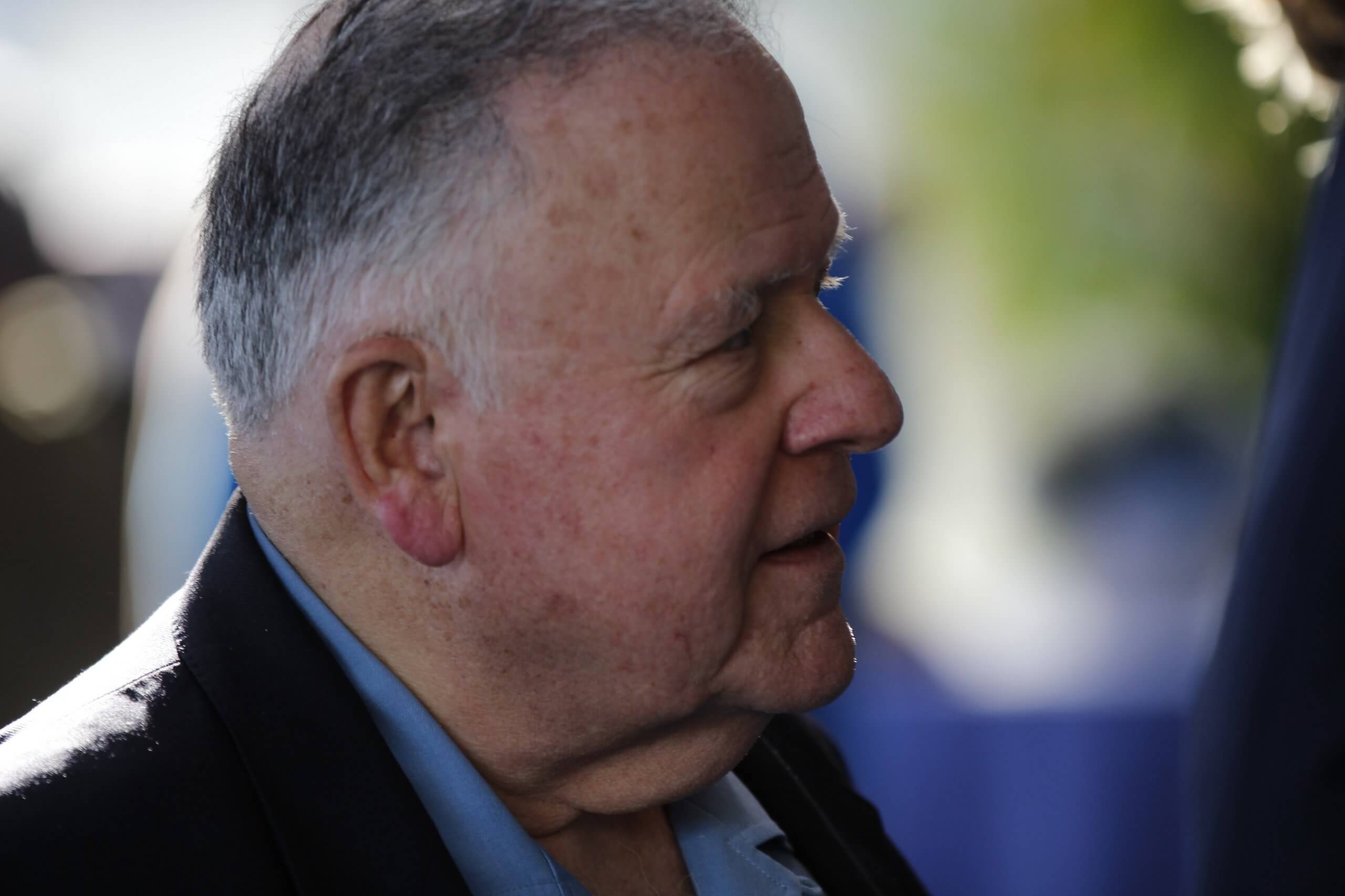
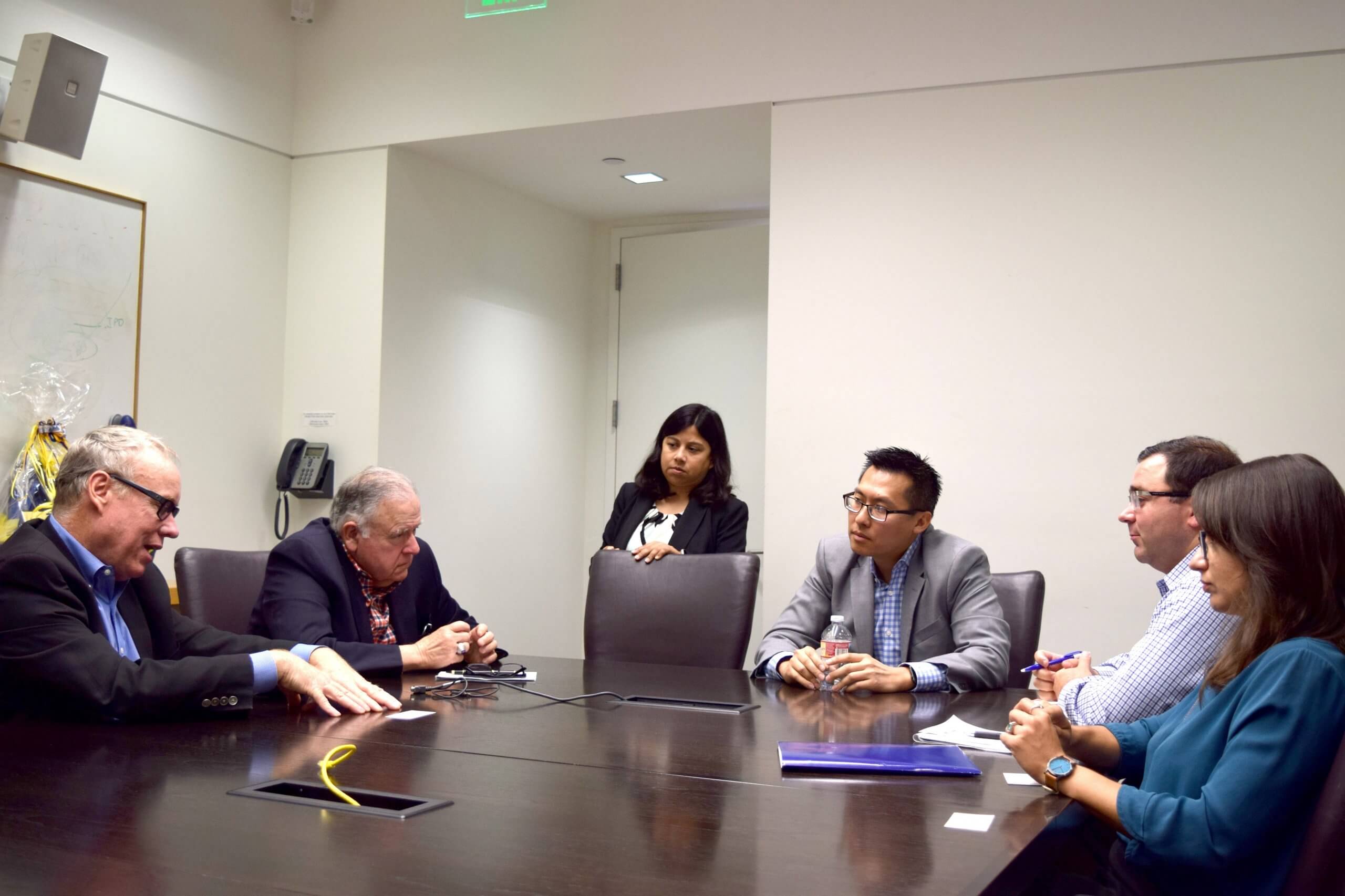
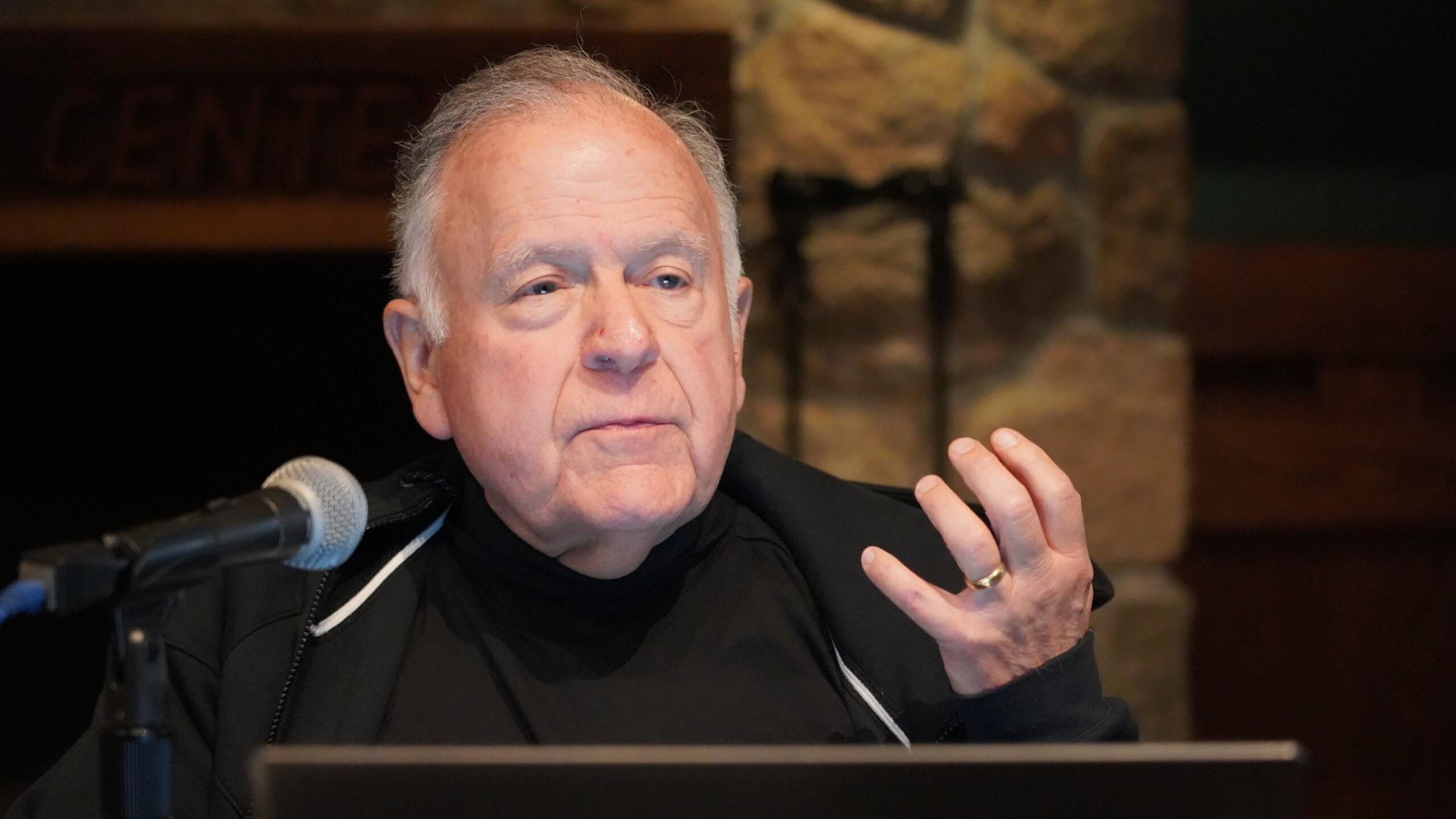
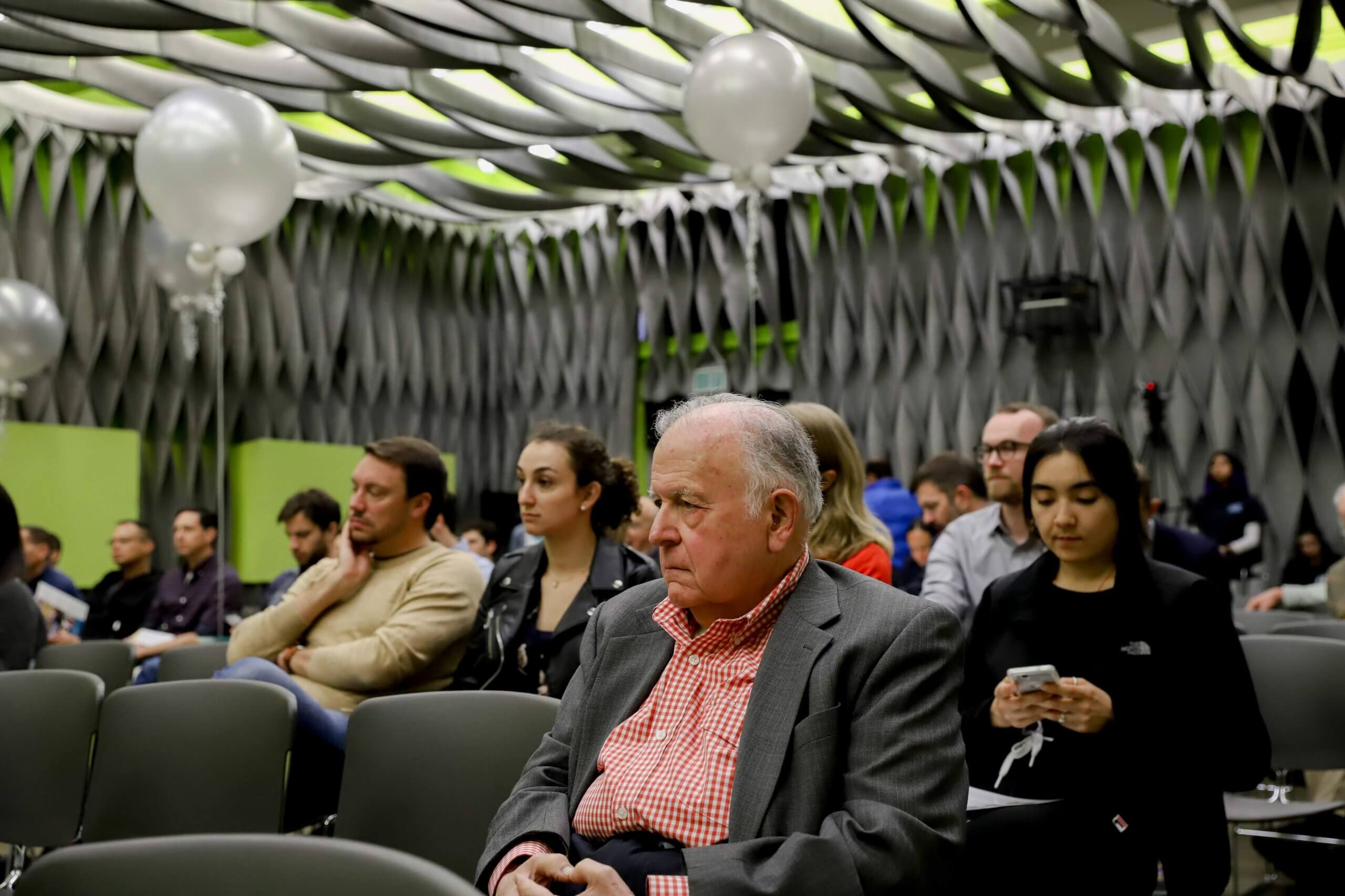
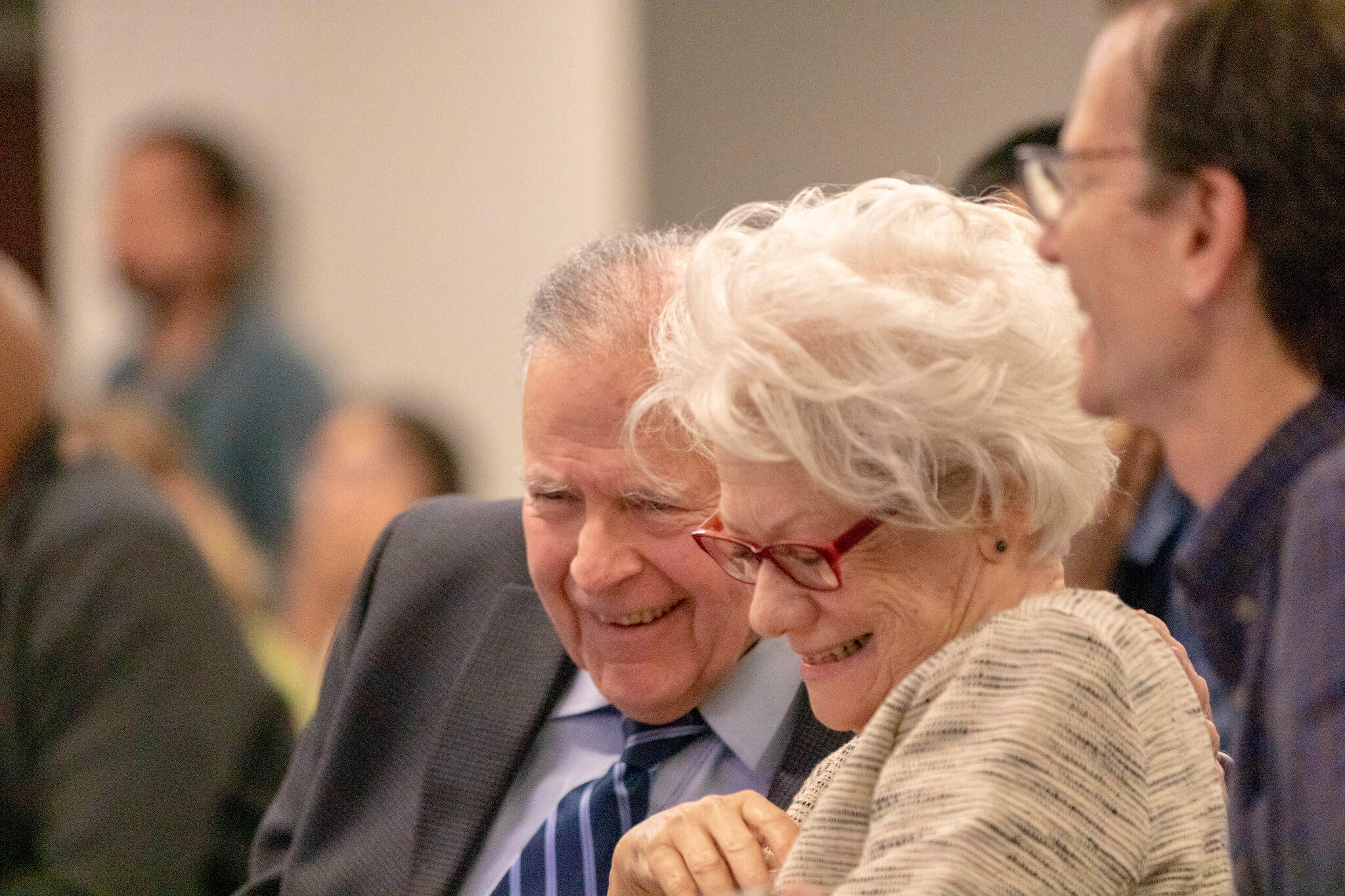
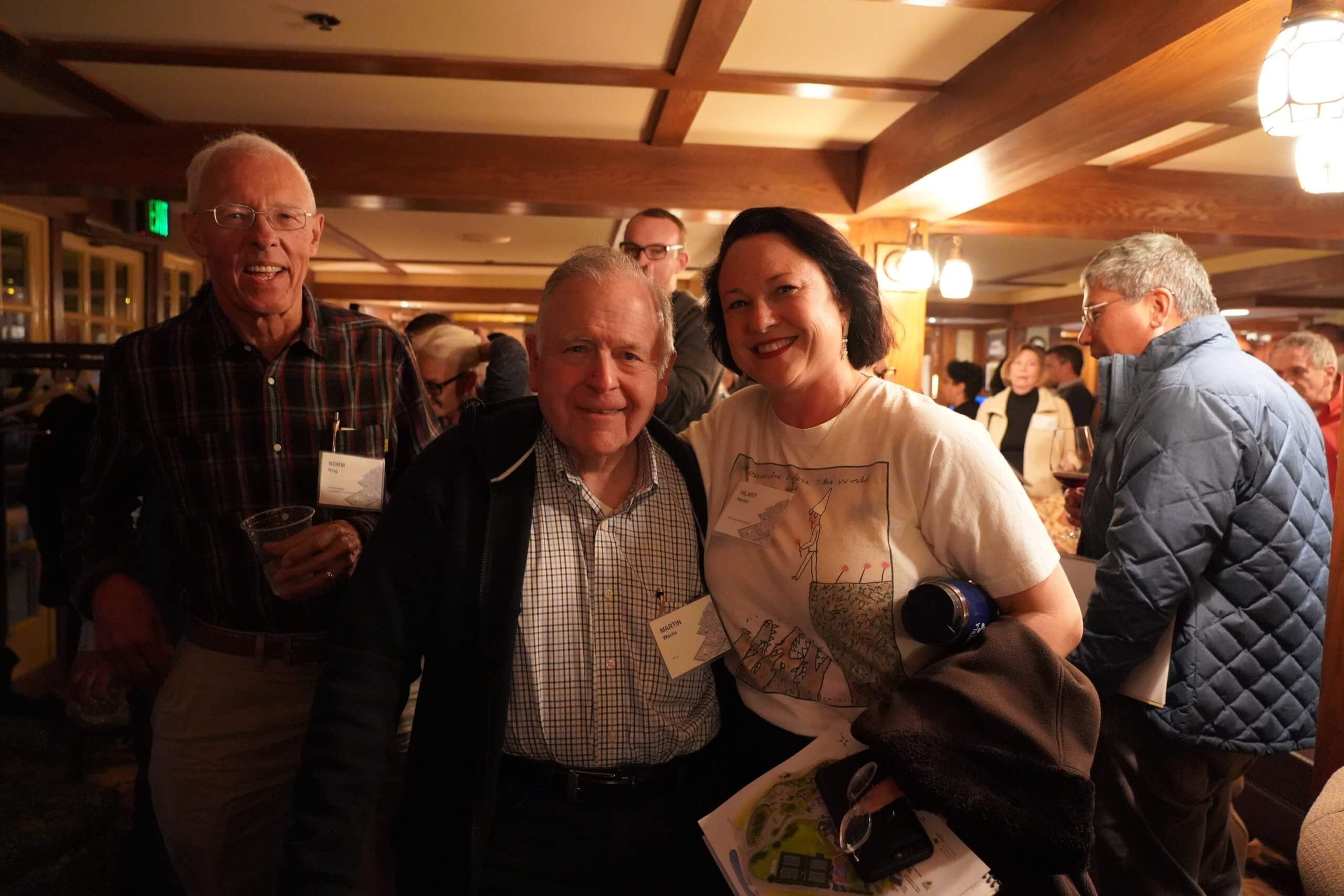
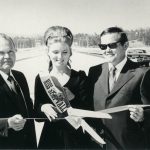



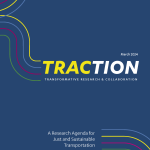
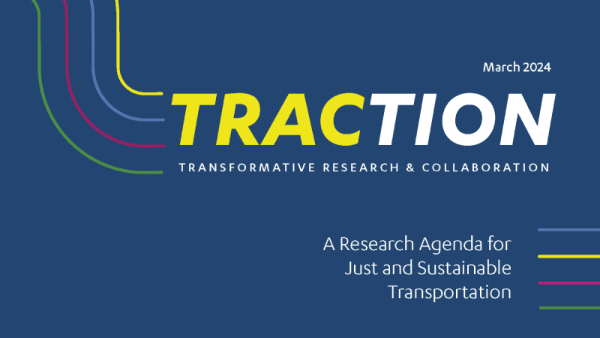
Marty was a natural, generous mentor and a compassionate colleague.
With a disarmingly warm (and surprisingly acerbic, when appropriate) sense of humor!
His life and memory are a blessing, a legacy and of profound inspiration.
I was lucky enough to audit a class Marty taught during his last year at Berkeley, while I was deciding whether to apply to graduate school in city planning. Marty was thoughtful, so smart, and kind — the type of professor one never forgets. He kindly took the time to counsel me about applications for various Masters programs, again two years later when applying for my PhD, and again a few years later when my husband and I were on the job market. We stayed in touch over the years and he was always the same kind, thoughtful Marty. I will forever be grateful to have known him. Rest in peace, dear Marty. Thank you for how you touched others’ lives.
I too share with you all the loss of a leader in the transportation planning field, Professor Martin Wachs. As the UCLA website tribute to Marty states, “Professor Wachs was a preeminent figure in transportation planning.”
For many others, such a statement could seem to be an exaggeration, but I find it to be simply true. Not only was Marty my advisor while I was a student of urban planning at UCLA, but he was a mentor to me and to thousands of other students, graduates, and professionals in the transportation planning field for decades. Marty’s life and work has had a lasting impact upon the transportation planning professional field through his teaching, writing, and mentorship.
Without having Marty as a teacher and mentor, I cannot guess what uncertain path my life would have taken. I first met Marty in person in December 1992, not long after I had submitted an application to the Department of Urban Planning at UCLA. About a year ago I shared with Marty by email my still vivid recollections of that day that changed my life:
“Perloff Hall is a horseshoe shaped building with an open courtyard in the middle. As I went out one door of the building to walk through the courtyard, I noticed at one end of the horseshoe that a light was on in one of the offices. As far I could tell, this was the only office in the building where someone appeared to be working. Out of curiosity and perhaps because I had not spoken to a single person since I had arrived on the UCLA campus that day, I knocked on the door of the lit office.
Professor Martin Wachs opened the door and greeted me with a pleasant and gracious smile. ”
Upon his retirement from UC Berkeley, the Berkeley Planning Journal in 2006 included tributes to Martin Wachs as a teacher, as a scholar, and for his contributions to transportation policy. As has been mentioned in other tributes, Marty, of course, retired at least three times and just kept working and contributing for years after retirement. This may be one reason why his passing seems to me incomprehensible, as I imagine even now that sometime in the future he will still be able to respond to an email question or to take a phone call even with his busy schedule.
In the tribute on Marty’s contribution to transportation policy, I concluded in 2006:
“As many students of Professor Martin Wachs will recall from their
classroom experience with him, his advocacy of transportation user
fees and other transportation planning ideas were examples of how he
consistently worked to balance effectiveness with fairness. Perhaps this
idea of balancing effectiveness with fairness is one of Martin Wachs’ most
important legacies in the field of transportation planning and policy. ‘
I will miss you, Marty.
I will always remember Marty as caring, generous and extremely accomplished in so many different ways. I met Marty as a GSAUP student. Though I did not have the pleasure of studying with him, I still called upon Marty to review my work a time or two. As you might imagine, Marty provided knowledgeable, constructive and challenging critique. I appreciated the generosity of his time and intellect. I also appreciated how well organized and disciplined he was. Perhaps, the keys to having such an amazingly full professional as well as personal life. As others have noted, Marty was a sports fan. I count myself lucky to have cheered on the Bruin basketball team with Marty, Helen and other mutual friends over the years. And I am happy that Marty got to see his Dodgers win the World Series one more time. My deepest condolences to Helen and his family. Marty will be missed.
I only took two courses with Marty in the graduate planning program but I was struck by his kindness and warmth toward me. As many others have stated, he was a giant in the field, but he gave his time so selflessly to all, even those of us who were just starting out in the field and didn’t know much of anything. I still doubt I know one hundredth of what he knew! And I’m pretty sure that he would be as generous to lay people walking off the street as he was to us grad students. It’s just how he was. He could talk to anyone. I am so grateful to have learned a great deal from Marty. More importantly, thank you for being a true mensch. I am truly inspired by your example and your life. To his family, my sincere condolences. My thoughts are with you.
When I was in the dissertation planning phase at UCLA Luskin, Marty learned I was interested in the intersection of urban planning and older adult mobility. With his support of my research and a simple email introduction I received dissertation support from ITS, a place I had never considered applying as a gerontological social worker. With his seemingly effortless energy and support, my research dream became a reality for which I am forever grateful. He left an everlasting impact on me as a scholar and mentor and given I didn’t know him well I can only imagine the impact he has had on the lives and careers of those he mentored and the field of transportation at large. May he rest in peace.
Marty had the gift of making everyone who spent much time with him at all feel like a special friend — and it was not a pretense. His generosity with his time apparently knew no bounds — with as many students and colleagues and contacts as he had, I can’t imagine what his calendar and email inbox were like, and yet he inevitably responded to email within a day or two. I’ve wondered how often he stayed up into the night, responding to requests for his attention that came above and beyond his “day job”. His kindness and warmth of personality, willingness to critique the popular, his commitment to ethics and to equity, his impeccable scholarship, breadth of experience and depth of wisdom, his sense of humor — what an incomparable package. What a loss to our community. I feel like a light has gone out in our world, and it is a lonelier, emptier place for his absence. Marty, words cannot express how much we miss you. I know you will live on in our memories and our lives, but it is not the same as having you here in person. Helen, my deepest condolences to you and your family — thank you for sharing this treasure with us all these years, and allowing our lives to intertwine with yours.
I had the pleasure of working with Marty in his role as member of the California Transportation Commission’s Road Charge Technical Advisory Committee. His work on this committee was instrumental in framing California’s road charge pilot program. More than his work on the committee, I really valued the opportunities we had to chat over coffee or lunch. May his memory be a blessing.
I’m posting the email I sent to Urban Planning staff, students, and faculty (I’m the department chair),
I want to share a brief appreciation of Marty Wachs, whom we tragically lost on Sunday night. Others will write about his monumental contributions to transportation planning and the details of his biography—I am writing to share some simpler, more personal observations. Though I grew up Catholic and didn’t learn Yiddish words until my teens, I find myself reaching for Yiddish to describe him.
Marty was a macher, an influential person who built institutions, organized things and people, made change. He joined UCLA Urban Planning a year after it began, and served as department chair a jaw-dropping three times, also directing the Institute for Transportation Studies (as well as chairing Berkeley’s planning department and directing their transportation research center before returning once more to UCLA). He did much to build our department, and was incredibly proud of having hired Leo Estrada, another towering figure in the history of UCLA Urban Planning, who devoted his life to Latino empowerment, and who passed away three years ago.
Marty was also a mentor (OK, Latin, not Yiddish). He trained and guided two generations of transportation planners and planning scholars. He clearly enjoyed the role of teacher. I can’t think of how many times I walked past his office (which sits between my office and the printer) and heard him listen carefully, then offer thoughtful advice to a student, whether an undergrad, a MURP, or a Ph.D student—not your typical emeritus.
But above all, Marty was a mensch—a wonderful person, generous, considerate, caring, and dependable. When Jackie Leavitt, another veteran faculty member, was dying of cancer over a period of months several years ago, Marty and his wife Helen visited her frequently, talking or just sitting quietly. But even if you were not a close friend, when you talked with him, you felt like he cared and wanted to help—because he did.
We will miss Marty the macher, the mentor, but especially the mensch. Like all of you, my thoughts are with Helen. We have all lost someone who greatly enriched our lives.
Marty was one of the greatest people I have met. He touched lives all over the world through his lifetime of scholarship. The only thing greater than his renowned intellect was his kindness. Marty embodied the best of what it means to be a mentor, a teacher, a scholar. The world would be better off with more folks like Marty.
Condolences to the Wachs family and the friends-as-family. May his memory be a blessing.